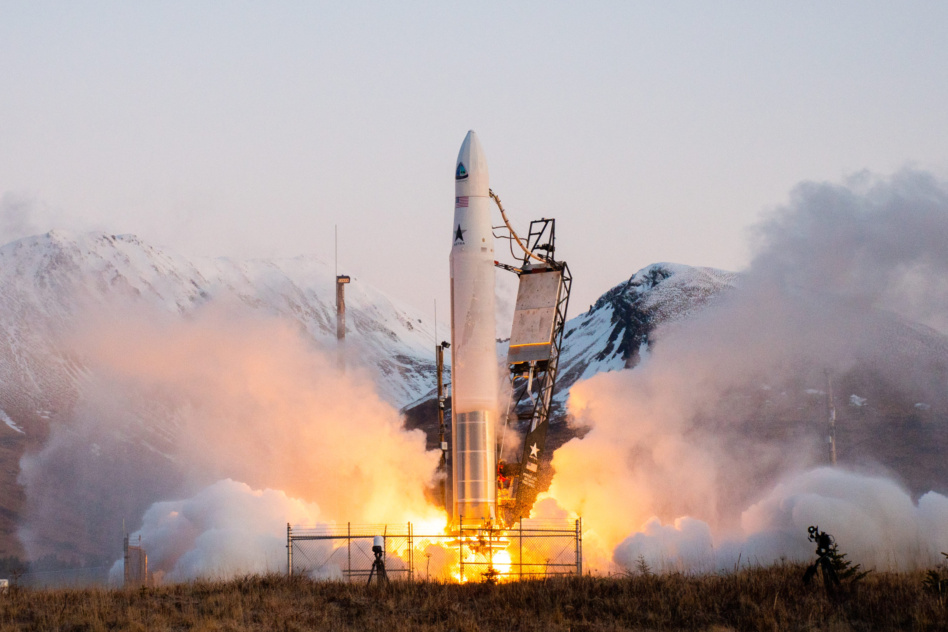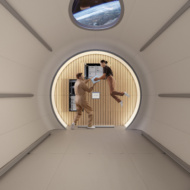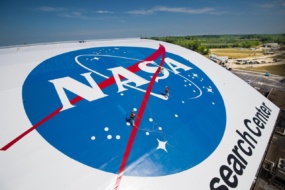The US Government Accountability Office (GAO) says the FAA should improve its procedures when things go awry in spaceflight. The federal agency watchdog published a report yesterday that called on the FAA to develop tools to 1) define criteria for when a mishap report is operator-led, and 2) better evaluate the effectiveness of the process as a whole.
“Without a comprehensive evaluation of its mishap investigation process, FAA cannot be assured its process is effective, especially given the expansion of commercial space operations in recent years,” the GAO report said.
The FAA’s Office of Commercial Space Transportation is responsible for issuing launch licenses and investigating flight mishaps.
12% mishap rate: Mishap investigations kick in when a flight is not completed as planned, like in the case of Starship’s two big kabooms this year. Out of 433 launches between 2000 and mid-January 2023, 50 were mishaps, according to the report.
- In the event of a mishap, the FAA can either undertake an investigation itself, or allow launch operators to lead their own inquiries with FAA oversight.
- However, the GAO found that in 100% of mishap cases, the FAA opted for operator-led investigations—an approach that is generally supported by industry stakeholders.
In-house? Since all launch vehicles are specialized—and literally rocket science—the FAA believes operators are best suited to sniff out root causes and identify corrective actions. The agency estimates that in-house investigations could take the agency 10-20 times longer.
After a September anomaly with Rocket Lab’s Electron, it took the FAA just 36 days to approve a Rocket Lab-led mishap investigation and Electron was cleared to fly again. According to the agency’s estimates mentioned above, an FAA-led investigation could have taken north of a year.
GAO does not necessarily disagree with that logic; instead, they are requesting that the FAA better track effectiveness, share data, and develop a defined criteria for when the investigations should be operator-led.
“The FAA concurs with the GAO’s recommendations to evaluate and further improve the FAA commercial space mishap program,” the FAA said in an email to Payload. “Protecting public health and safety are at the core of the program.”
Learning period: As for human spaceflight/tourism, the industry has been operating under an eight-year “learning period,” where the FAA is restricted from enacting regulations. The learning period is set to expire on Jan. 1.





